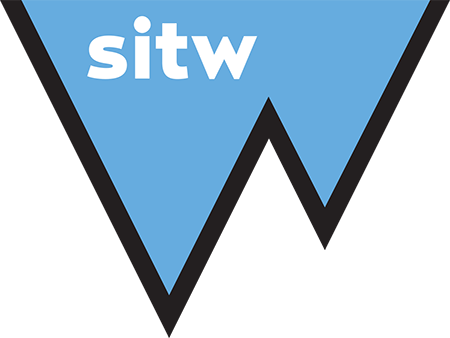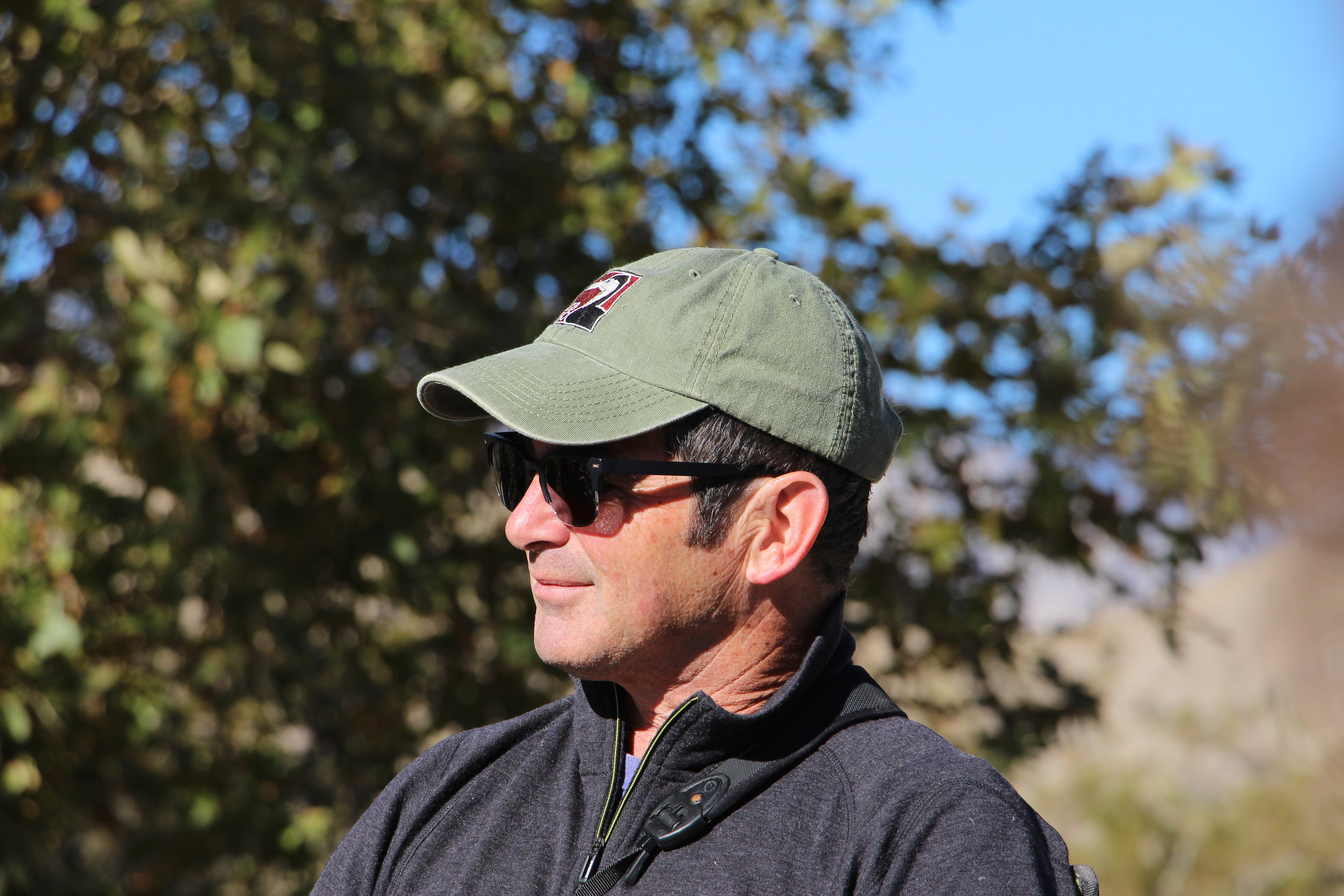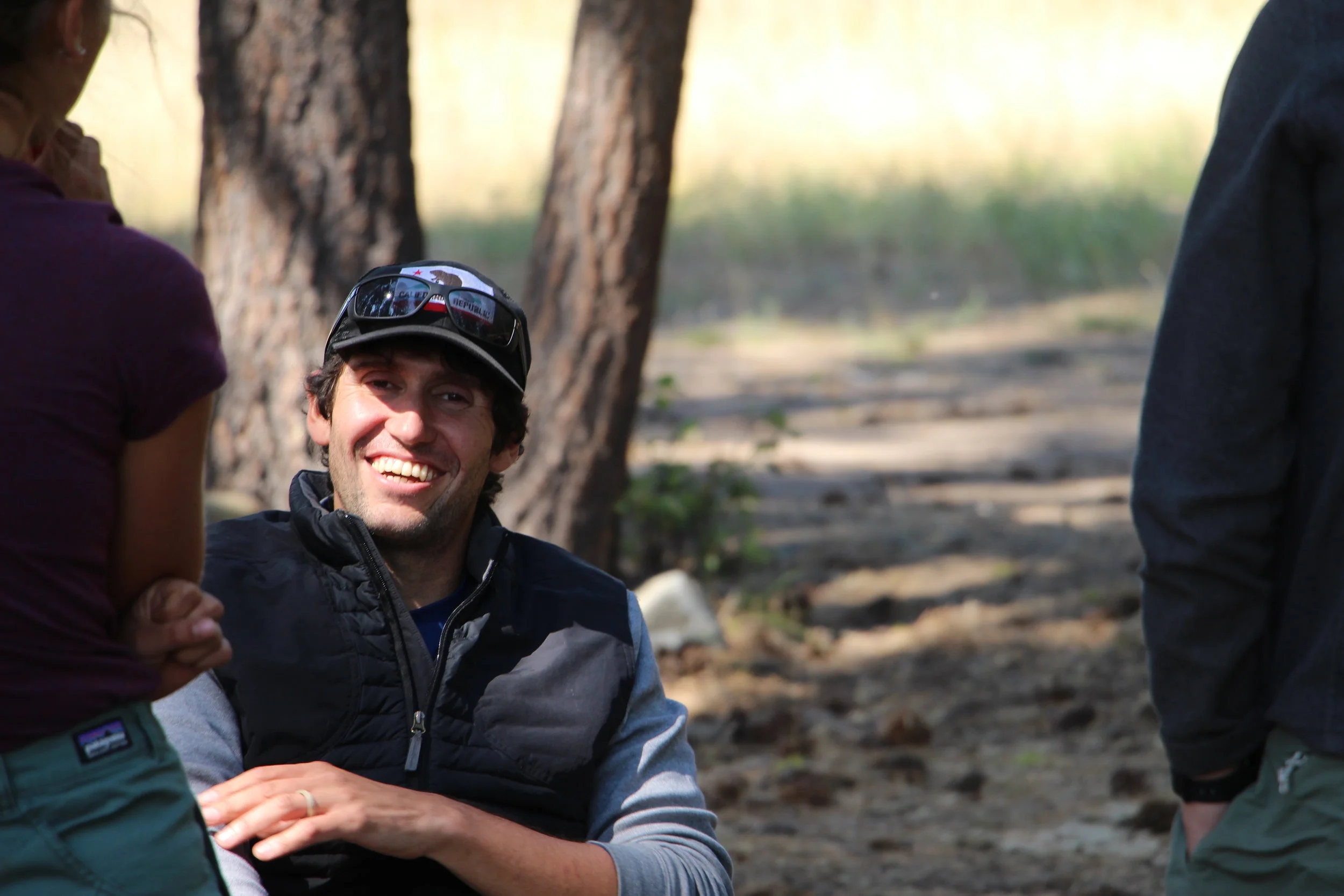Graham Chisholm
Senior Policy Advisor, Conservation Strategy Group
San Francisco, CA
Jon Christensen
Professor of Environmental Humanities, UCLA
Los Angeles, CA
11/12/18
Next to a stone house in a small canyon in southern California, buffeted by wind, Semester in the West met with Jon Christensen and Graham Chisholm, an author and environmentalist, respectively. Graham Chisholm has spent much of his life in the conservation world of California, working as the head of conservation for the California branch of the Nature Conservancy, and now as an independent consultant helping small environmental non-profits get established. One of the biggest lessons which he has taken with him through his work in the conservation sector, has been that “to be human, you have to think that things can get better”. It is with this optimism that Graham sees the future of the environmental movement: green spaces in cities are as influential as our national parks in informing a person’s view of what nature is.
Jon, tall and wearing an inquisitive smile as he speaks, has spent much of his life as a writer. With a writing history including a stint as a contributing writer at High Country News, he is currently a professor of Environmental Humanities at UCLA. There he tries to tell his students to find stories that don’t close in “dead-end standoffs”, a lesson he learned at HCN, and that the most important thing your writing can do is to have an impact. He explains one of the most important lessons he gained from a lifetime of writing: you have to let things have a point of view, and an agenda in order for their impact be felt.
Both Graham and Jon, though past middle age, and having worked in their respective fields for many years, remain positive in their thoughts for the future. And as they both said, we should look forward to the future as well.
By David Dregallo
Photos by Jessie Brandt





